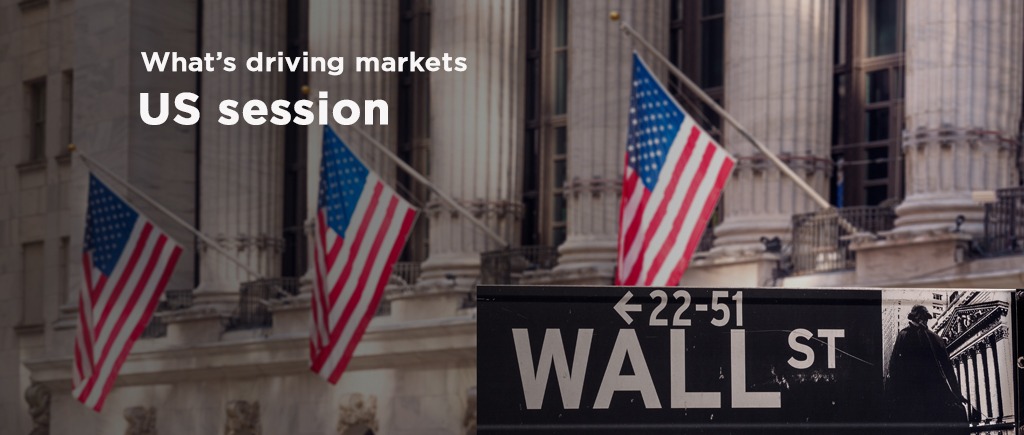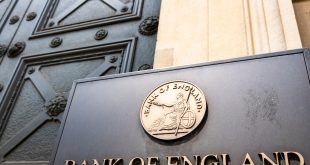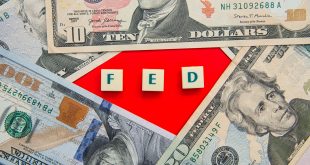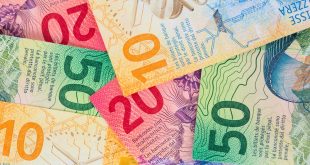Gold price advanced and printed a new weekly high at around $2003, though it faltered to hold its gains above the $2000 mark. Deteriorated risk appetite fueled by worries about the US banking system, and a surge in investments in safe-haven assets. As a result, after reaching a low of $1976.26, the XAU/USD rises 0.41% and is currently trading at $1997.10.
Concerns regarding the state of the banking industry were raised by First Republic Bank’s earnings calls. Executives from the bank made prepared speeches but declined to answer questions. During the first quarter, the bank lost $102 billion in customer deposits and borrowed $92 billion. Tuesday saw a loss of approximately 50% in the shares. Bank stock prices plummeted.
Economic Data
Most US economic data exceeded expectations, with the housing market showing promise. The S&P/Case-Shiller home price index increased for the first time in eight months in March, while new home sales increased for the third time in the previous four months, jumping 9.6% to 683.000 annual pace. Despite a decline in CB Consumer Confidence, the indicator for the current situation got better. The important report, which includes the first estimate of Q1 GDP and consumer inflation, will be released on Thursday.
Key Developments
During Wednesday’s Asian session, the highlight will be Australian inflation data. Those numbers will be a key input before next week’s RBA meeting. New Zealand will inform trade data and credit card spending. Later in the day, the US Durable Goods Orders report is due. The US Dollar could continue to benefit amid a deterioration in market sentiment.
The Japanese Yen rose sharply on Tuesday amid risk aversion on renewed banking concerns and a rally in government bonds. The US Dollar also rose. A week before the FOMC meeting, banking concerns are back, an episode that could become somewhat similar to what happened in March.
Global equity markets fell and bonds rose, boosting the Yen and the Dollar. The Dow Jones tumbled 1.02% and the Nasdaq lost 1.98%. The US 10-year bond yield settled at 3.39%, the lowest since April 12.
EUR/USD reversed from weekly highs above 1.1050 to 1.0960 as Eurozone yields tumbled on risk aversion. Inflation and GDP data are due on Friday.
Huw Pill of the Bank of England stated on Tuesday that recent developments had tempered calls for higher interest rates. In March, the UK announced an increase in borrowing of 20.709 billion pounds, which was significantly less than anticipated. The debt-to-GDP ratio reached 100%, the highest level since the 1960s, making March’s borrowing the second-highest since 1993. Rate increases at the upcoming Bank of England meeting are expected. In response to a strong dollar, the GBP/USD exchange rate fell from 1.25 to 1.2400. The EUR/GBP pair rose to its highest level in a month of 0.8875 before abruptly falling to 0.8840.
For the first time since late March, the USD/CAD increased for a fifth day in a row, breaking through the 1.3600 level. This increase was fueled by the deterioration in market sentiment and falling crude oil prices.
Cryptocurrencies rose despite the decline in equity markets. Bitcoin climbed toward $28,000. Gold ended near $2,000 on a volatile session while Silver rebounded sharply from weekly lows to $25.00. The earnings season continues on Wednesday with Meta, Thermo Fisher Scientific, Boeing, GSK, Vale and Hilton.
Also Read:
Will Biden’s veto resolve the debt ceiling dilemma?
Gold achieves slight gains as bulls buy the dip
USD/CAD rallies, benefits from risk aversion
US stocks slide ahead of key earnings
Risk aversion drags GBP/USD down from weekly highs
Wall St opens lower on mixed earnings, First Republic shares plunge
 Noor Trends News, Technical Analysis, Educational Tools and Recommendations
Noor Trends News, Technical Analysis, Educational Tools and Recommendations





